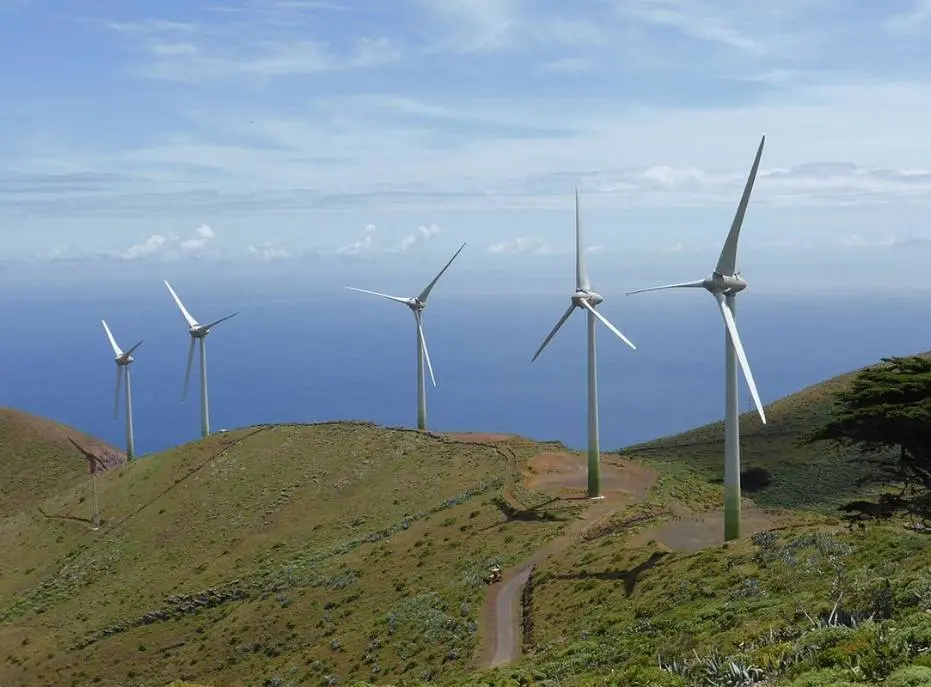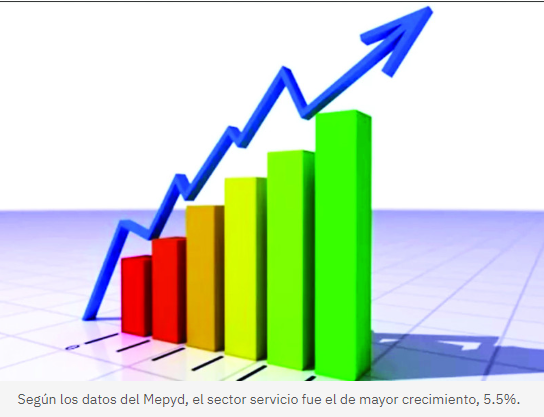
Production of energy from renewable sources reached a record in the country in recent days and its injection into the National Interconnected Electric System (SENI) exceeded the supply of other sources in national demand.
The Ministry of Energy and Mines reported that, for the first time ever, on Saturday 9th of February, at 1:38 p.m., 1,222.75 megawatts (MW) were produced by renewable energy generation, more than 50% of the power online, exceeding thermal energy by 0.85% which contributed 1,201.47 MW to the total supply of national demand.
And on Friday, February 7, renewable energy generation was 1,101 megawatts (MW) and represented 46.5% of the power online that day. This production was distributed as follows: 743.6 MW solar, 328 MW wind energy and 28.6 MW biomass.
The growth of renewable energy production has been constant in recent years and the energy matrix closed 2024 with a generation capacity of 1,396 MW through renewable sources (solar, wind and biomass), which is equivalent to 23.32% of the national generation capacity. An increase of more than 137% compared to 2020, when the capacity of these sources was 588 MW and represented 11.94%.
Furthermore, the country has more than 460 MW installed on the roofs of residences, businesses and industries for self-consumption, according to the Ministry of Energy and Mines.
Energy and Mines Minister, Joel Santos, said that the country is accelerating tenders for renewable energy projects, with the aim of such sources accounting for 25% of the energy matrix by 2025.
During 2024, 27 new renewable energy farms were incorporated, some of which have already started production, while others will come into operation in 2025, contributing a total of 1,567.47 MW to the national energy system.
On the other hand, thermal generation projects are being developed, mainly powered by natural gas, with a capacity under construction of 2,179 MW for the next four years. More than 600 MW of this total will come into operation this year with the commissioning of three new plants.
The executive director of the National Energy Commission (CNE), Edward Veras, said that 25% renewables by 2025 is an achievable goal, but reaching 30% of renewable energies in the electricity matrix by 2030 will be a greater challenge. Veras emphasized that achieving this goal will require an investment of more than US$5,400 million in new solar, wind and biomass projects.
Source:


